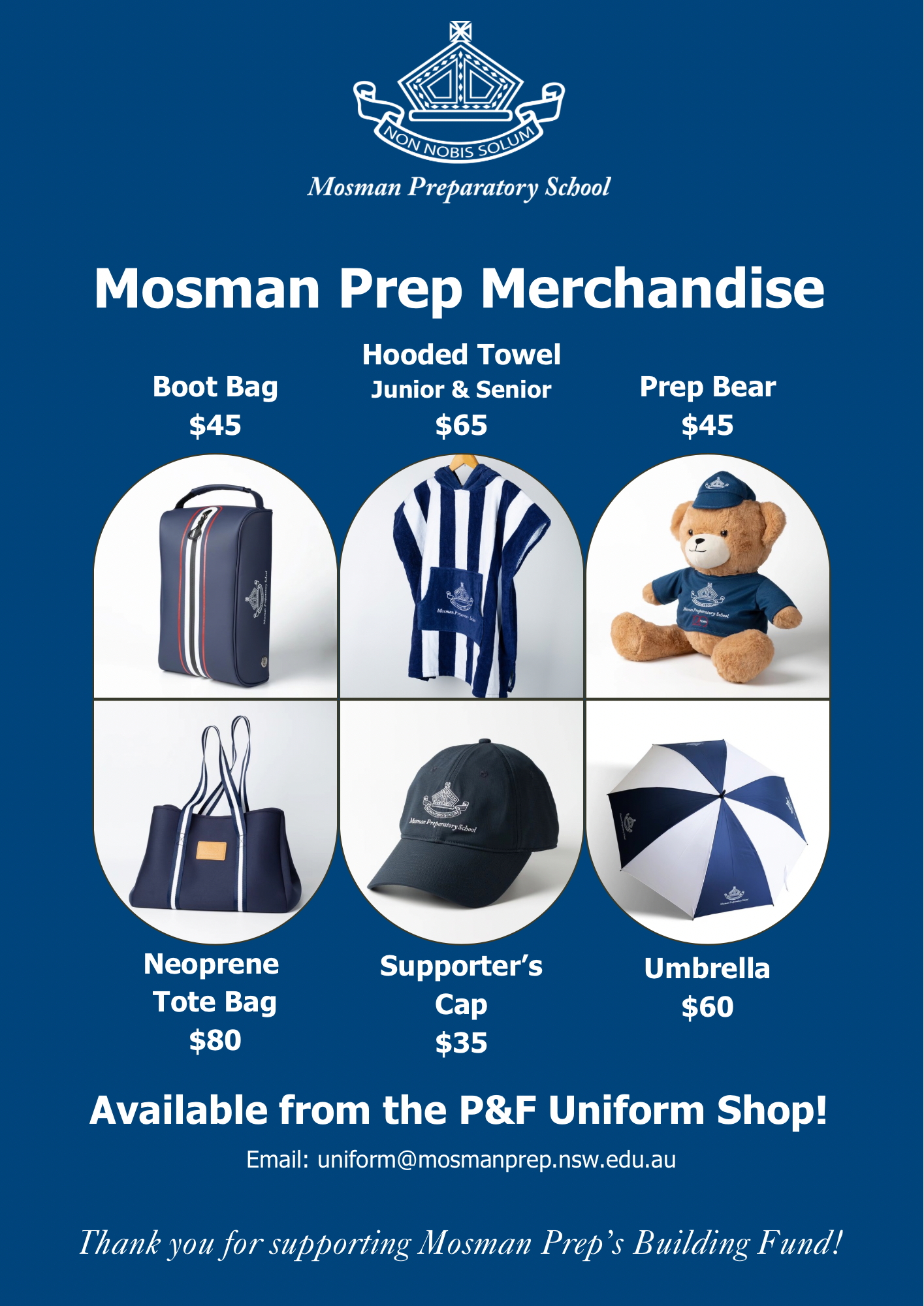Bullying No Way!
At Mosman Prep, we send a clear message that bullying is not tolerated. We are committed to creating a safe, respectful, and supportive environment for every student (also teachers and parents).
During this week’s ‘Bullying No Way - National Week of Action’, we hosted a ‘Bullying No Way!’ seminar, bringing together parents and teachers to learn more about how we can all work together to prevent and respond to bullying in meaningful ways.
What is Bullying?
One of the key messages from the seminar was understanding what bullying actually is. It’s more than just a one-off argument or a disagreement between friends. Bullying is repeated, intentional behaviour that is meant to hurt someone – emotionally, physically, or socially – and it often involves a power imbalance, such as someone being older, stronger, or more socially dominant.
The different forms of bullying identified were:
- Physical bullying – hitting, kicking, or damaging someone’s belongings.
- Verbal bullying – name-calling, threats, or insults.
- Social or relational bullying – excluding someone, spreading rumours, or trying to damage friendships.
- Cyberbullying – sending mean messages, sharing embarrassing images, or harassing someone online.
Understanding these bullying forms helps parents to better recognise the signs and support our children in the right way.
The Impact of Bullying
The emotional effects of bullying can be long-lasting and serious. Children who are bullied often experience anxiety or sadness, low self-esteem, trouble sleeping, and avoidance of school or social events.
It was also highlighted that bullying affects more than just the person being targeted. Children who witness bullying may feel scared or unsure about what to do. And those who bully others may also be struggling with their own issues and could face long-term consequences if their behaviour isn't addressed early.
Spotting the Signs
As parents, we may not always see bullying happening – especially if it takes place online or outside of school. But there are warning signs we can watch for:
- Unexplained injuries or damaged belongings.
- Sudden changes in mood or behaviour.
- A drop in school performance. Not wanting to go to school or participate in activities.
- Avoiding social situations or becoming withdrawn.
It’s important to keep open communication with your child, check in regularly, and create a safe space where they feel comfortable talking about their experiences.
What Children Can Do
The seminar gave lots of practical advice for children in different situations.
If they are being bullied:
- Speak to a trusted adult (parent, teacher, school counsellor).
- Stay calm and avoid retaliating.
- Keep a record of what’s happening (especially in the case of cyberbullying).
If they witness bullying:
- Be an upstander, not a bystander – support the person being bullied.
- Report what they saw to a teacher or another trusted adult.
If they’ve realised they may have bullied someone:
- Reflect on their behaviour.
- Take responsibility and apologise.
- Talk to someone about how to change and do better.
We were reminded that bullying is a behaviour, not a label. Children who have bullied others can change their behaviour with the right support and guidance.
Keeping Safe Online
Cyberbullying was a key focus of the seminar, especially with more children using phones, tablets, and computers to communicate. Parents were encouraged to:
- Set boundaries and talk openly about technology use.
- Create a family agreement for technology use.
- Teach children how to use privacy settings.
- Remind them not to share passwords or personal details.
- Encourage respectful online behaviour at all times.
If cyberbullying does happen, it's important to not ignore it. Encourage your child to:
- Tell an adult right away.
- Save the messages or screenshots.
- Block the person if possible.
- Report the behaviour to the esafety Commissioner (use the red button on the website), platform or school.
What the School Is Doing
Our school takes a zero-tolerance approach to bullying. This means we:
- Have clear reporting procedures and policies.
- Thoroughly follow-up, communicate with, and support people where bullying is suspected or identified.
- Provide additional education and/or create individual growth plans for those who engage in bullying.
- Regularly educate students about respectful relationships.
- Promote kindness, inclusion, and empathy through our School values and classroom activities.
Our teachers, support staff, and wellbeing team are all trained to recognise bullying and respond quickly and effectively. We also encourage peer support, buddy programs, and student leadership to promote a safe and inclusive school culture.
Please remember, if you or your child needs support, you can speak with your child’s teacher, our school counsellors, or our Deputy Heads, Alex Fentoullis and Brendan Frost.
Peter Grimes | Headmaster
Contacts for School Help
Alex Fentoullis | Deputy of Learning and Innovation
afentoullis@mosmanprep.nsw.edu.au
Brendan Frost | Deputy of School Operations and Student Opportunities
bfrost@mosmanprep.nsw.edu.au
Merel Dekkers | School Counsellor / Clinical Psychologist
schoolcounsellor@mosmanprep.nsw.edu.au
Skye Adams | School Counsellor
sadams@mosmanprep.nsw.edu.au
Additional Resources



















